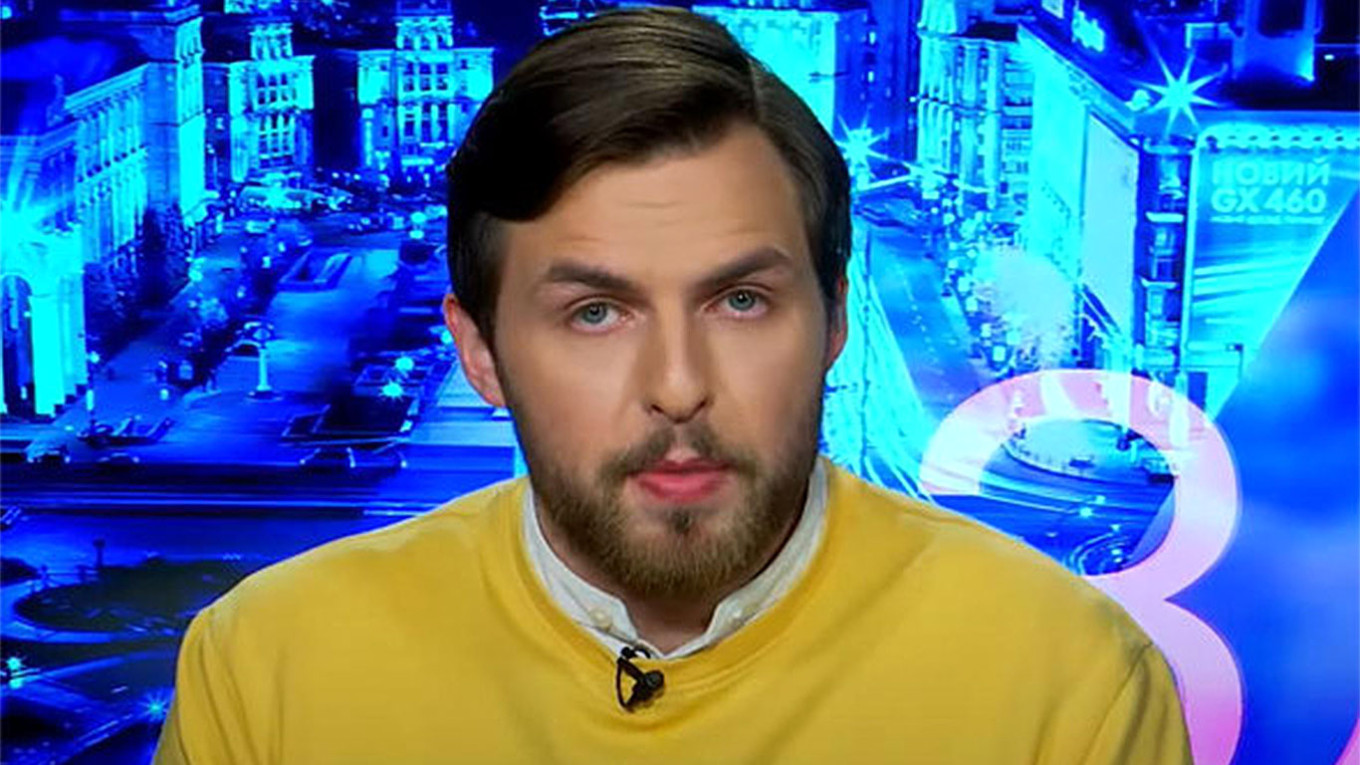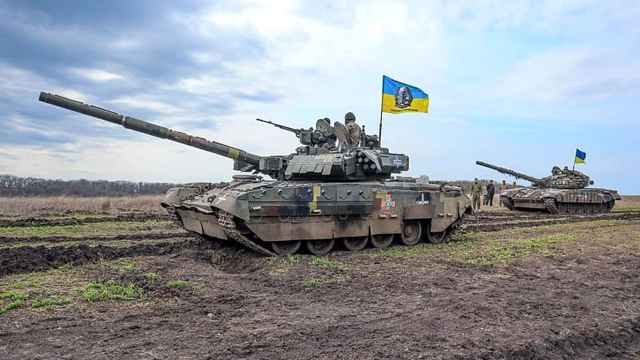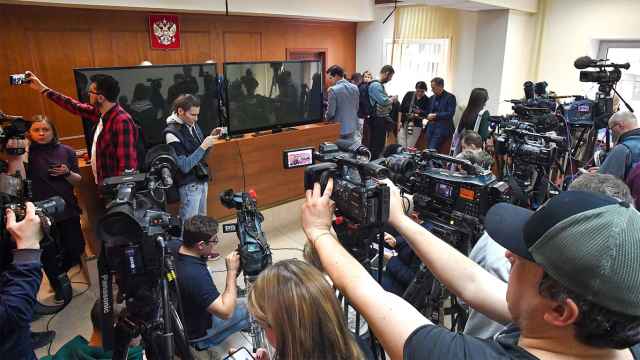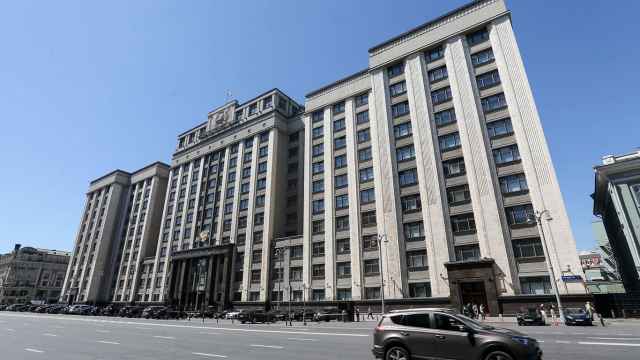Had the scandal surrounding the exiled Russian TV channel Dozhd losing its broadcasting license in Latvia not happened, it would have needed to be invented.
Strangely enough, the channel's misadventures during Vladimir Putin's second era actually began with a similar incident in Russia eight years ago, when the Kremlin accused it of disrespecting the victims of the Siege of Leningrad.
Dozhd had conducted a poll asking viewers if they thought it would actually have been better to surrender the city to the Nazis during World War II rather than forcing the civilian population to suffer through the gruesome mass starvation that followed during the nearly 900-day blockade.
Of course, the thoroughly reasonable historical question Dozhd had posed was in no way disrespectful, but the Kremlin-manufactured outrage that followed was used as a pretext to deny the channel a national platform. It was removed from Russian cable television packages shortly afterward, setting the tone for the channel's future as an outsider, and ultimately an exile.
The current row over Dozhd's right to broadcast in Latvia is certainly of a more serious nature and concerns an on-air comment made by news anchor Alexei Korestelev earlier this month saying that he hoped Dozhd had helped Russian soldiers with equipment and basic supplies in a recent donation campaign.
This was not a “slip of the tongue.” It was a mistake, and one that arose from Dozhd’s editorial ethos of pitching itself to a wider audience by avoiding terminology typically associated with liberal emigres and staunch oppositionists. In a bid not to be seen as anti-Russian, Dozhd used the kind of language that could only have been appropriate for a domestic Russian television channel rather than one based, as Dozhd is now, in Latvia.
While this mistake in no way justified the firing of Korestelev immediately afterward, which I categorically condemn, it is indicative of Dozhd's need to reassess its editorial approach. Forced into exile to survive, Dozhd must now create an updated version of itself with its present circumstances in mind.
None of this detracts from the fact that Dozhd has done more than almost any other news outlet to give voice to anti-Putin and anti-war narratives in the Russian-language media space. Those who accuse Dozhd of having sullied its own reputation with the broadcast of a few poorly chosen words cannot claim to have had even a tenth of the channel's effectiveness.
But this incident has revealed another problem, namely the now widely held position that there are "no good Russians" — or at least that if there are, then their tiny number is statistically insignificant, and that even with them, you'll find a "hidden imperialist" if you dig deep enough.
Paradoxically, this position actually echoes the key Kremlin-promoted narrative that Putin and Russia are one and the same. Neither narrative leaves any space on the map for a different kind of Russia, and yet when Ukrainians make this argument, it's a tricky one to refute. While they of course have every right to that viewpoint, it doesn't automatically follow that Russians must agree with them.
Russians abroad shouldn’t be afraid of objecting to this reasoning. They are entitled to speak about Russia and on behalf of those still in Russia who are currently unable to speak for themselves. If Dozhd joins the campaign to “cancel Russia,” then these efforts lose their meaning and value.
I, like tens of thousands of my compatriots, follow the news of how Ukraine is heroically opposing the fascist invasion of the Russian army — an army that we are told is our own, but one for which we can have no sympathy because the battle for Ukrainian independence and freedom is our battle too.
The difference between us is that Ukrainians will have achieved their victory the day Putin’s regime accepts that its military campaign has failed. But for Russians, victory will only come when Putinism comes to an end and our country is free again. So until that comes to pass, the only viable stance for Dozhd, as well as for the rest of Russia's recent diaspora, must be that of opposition to the Kremlin.
Reinventing a nation requires collective effort. But Korostelev’s mistake and the severe reaction to it force us to ask ourselves an important question — if Russia is indeed not Putin, then what is it? And how are we connected with it?
A Message from The Moscow Times:
Dear readers,
We are facing unprecedented challenges. Russia's Prosecutor General's Office has designated The Moscow Times as an "undesirable" organization, criminalizing our work and putting our staff at risk of prosecution. This follows our earlier unjust labeling as a "foreign agent."
These actions are direct attempts to silence independent journalism in Russia. The authorities claim our work "discredits the decisions of the Russian leadership." We see things differently: we strive to provide accurate, unbiased reporting on Russia.
We, the journalists of The Moscow Times, refuse to be silenced. But to continue our work, we need your help.
Your support, no matter how small, makes a world of difference. If you can, please support us monthly starting from just $2. It's quick to set up, and every contribution makes a significant impact.
By supporting The Moscow Times, you're defending open, independent journalism in the face of repression. Thank you for standing with us.
Remind me later.








